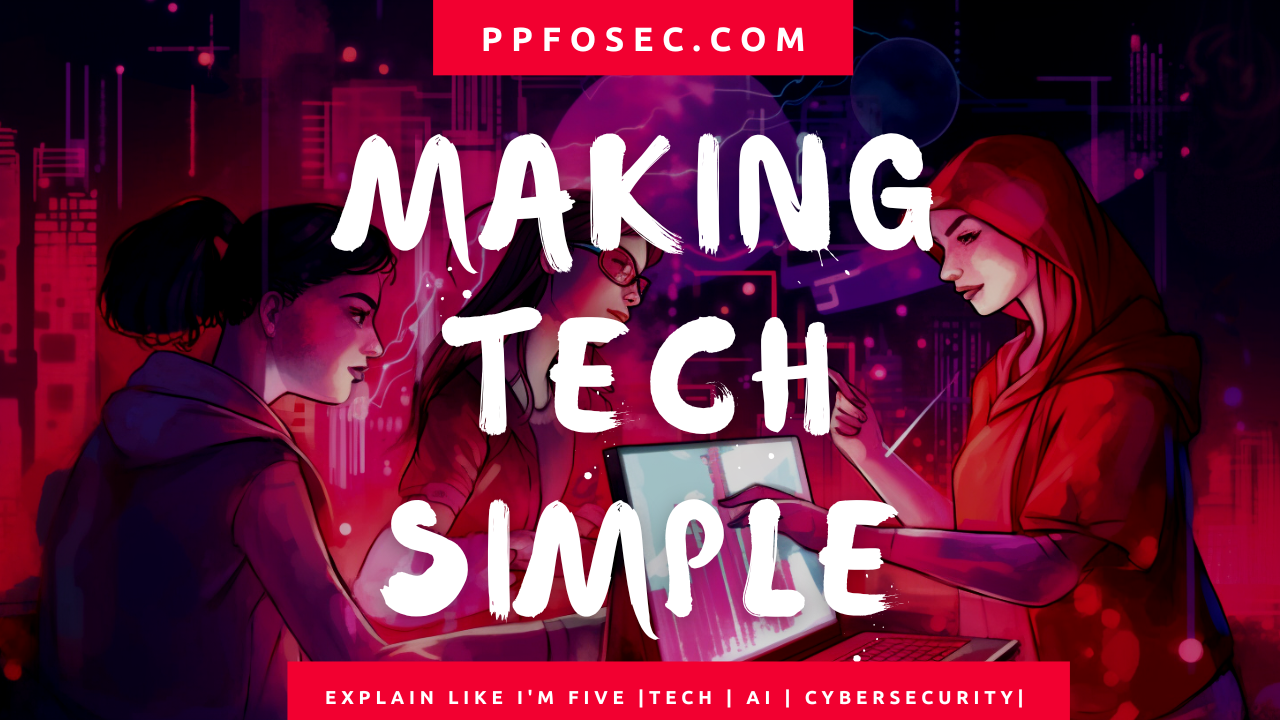What is the difference between Frontend, Back End, and Full Stack Developers?
Have you ever wondered why so many job postings of developers have such complicated names? Learn the difference between front-end, back-end, and full-stack development without the technical jargon, just fun examples, simple explanations and a few dad jokes.

I will always remember how I learned the difference between frontend and backend development. It was the first semester of my computer science degree. I attended a career fair on campus, hoping to land an internship.
The first guy I speak with, I have my paper résumé in my hands, and I ask: "You looking for interns?" "For sure! he answered. All types! A little bit of frontend, backend, you know, all of it! What's your stack?" I mumbled "security", and saw myself out before he could answer.
I had no effing idea what he was talking about.
I feverishly googled "backend vs frontend" to feel less embarrassed. Then I went back in and pretended to be into "backend".
So if you're googling the difference between front end, back end and full stack to avoid an awkward moment, this article is for you. Because I feel you.
Frontend is what you see and what you get

I always laugh when my children get angry at our desktop computer and shake the monitor as if it is at fault. Poor screen. It's a simple display! Don't blame it!
Frontends act a little bit like your monitor or your television. They present the experience to you, but they do not make the actual calculations.
Think of Netflix. When you log into the application, you see carousels of films based on your preferences, buttons, a search box, and menus. These are the front end of Netflix. The films are not in your device, they are stored in Nexflix's backend.
So frontend is just about the buttons and the colours you see on the screen? It's a bit more complex. See, the frontend must solve two extremely hard challenges that make or break any application:
- Device awareness. The look and feel of an application must remain stable on any device. Netflix must support not only all web browsers, iOS and Android phones and tablets but also every SmartTV out there. Interoperability is not the sole concern in this area! Since mobile is so important, front-end developers also evaluate the performance and battery costs of their decisions.
- User experience. The navigation must enable the users to reach their goals easily. There is an art to orchestrating the user journey. So much so that large enterprises rely on user experience (UX) specialists to map them out. More modern companies also hire product designers to combine the app's front end with the company's branding to evoke emotions. Just ask Apple how important this is.
Seasoned front-end developers must therefore consider their work in terms of user acquisition, user retention, user outcomes and, ultimately, business metrics such as subscriptions and conversions.
In the end, all people see is the front end.
Backend development is all about the data

Back to Netflix. Once you select a film, the front end sends a message to the server to stream this specific content. The backend handles the complex data transfers that allow your film to be broadcast over the internet in high-quality video without interruptions.
The backend also handles all the machine learning that recommends content based on your activity. The simplified schema below shows where each component happens :

Whereas the front end's ultimate concern is the user, the back end focuses on the data. Backend developers are in charge of what is called the business logic of an application. Some typical backend questions from Netflix's point of view would be:
- How to store the different video qualities of a given series?
- How to store the user viewing history?
- How to handle user billing and account-sharing restrictions?
- How to block content based on geography?
- How to structure data for the movie recommendation engine?
- How to detect errors on a stream?
- How to model the database that contains the user profile?
Seasoned backend developers are concerned with cost optimization and scalability. Just adding servers and databases to handle more users can result in exponential costs. Backend algorithms demonstrably optimize response time.
All in all: when you press 'Play', the backend takes it from there.
Full stack is exactly what you think it is

Yup, Full stack developers combine both frontend and backend to build full apps. They are generalists who can ensure full functionality.
Full stack developers thrive when they work on a smaller application. Netflix must deliver video streams over the internet to 200 million users globally on hundreds of different devices. These challenges require specialists.
A better example for full stack developers would be small businesses and companies whose core business is not digital products. If you need to build an e-commerce grocery store, a loyalty program for your hotel resort, a scoring website for your golf tournament, or a mobile app to pick up prescriptions, then full stack development will be better suited for you.
Full stack developers can even use "full stack" programming languages such as TypeScript, which is the fastest-growing language these days.
This versatility of full stack developers guarantees fast delivery. Simply put, a full stack developer feels like a magician because they can create an app within days.
The only tradeoff to full stack development is, of course, being a "jack of all trades, master of none". Over time, some can feel it gets harder to stand out.
Now you know what you will need to answer at the next career fair.

